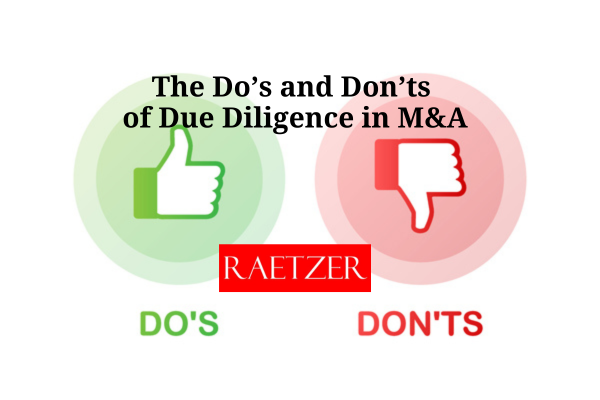Business agreements are critical to smooth business operations, but they can also be a minefield of potential mistakes that even experienced owners make. Here are some of the most common pitfalls to watch out for in business agreements and how to avoid them.
Mistake #1: Not Putting It in Writing
Always, always get agreements in writing. Verbal agreements are difficult to enforce and prone to misunderstanding. Make sure all terms are detailed and clear, specifying timelines, payments, and responsibilities. Use simple language that anyone can understand, avoiding legal jargon that could create ambiguity later. Think through different scenarios in the business relationship, looking for any gaps or inconsistencies. Define and use all terms precisely and consistently throughout.
Mistake #2: Skipping the Governing Law Clause
If your business involves multiple states or even countries, don’t forget to specify a governing law clause. This clarifies which state’s or country’s laws will be used to interpret the agreement, simplifying potential legal disputes. For example: “This Agreement shall be governed by the laws of the State of Texas.”
Mistake #3: Agreeing to Arbitration Unthinkingly
While arbitration might sound convenient, it can be costly and limit your rights to discovery. For small businesses, arbitration fees and arbitrator rates often make it more expensive than court litigation. Before agreeing to arbitration, weigh the costs and constraints, and consider alternatives.
Mistake #4: Not Keeping a Fully Signed Copy of the Agreement
Make sure you retain a fully signed copy of the agreement, with signatures from all parties involved. A copy with only your signature is not enough and could lead to disputes over whether the other party ever signed the agreement. Confirm that all necessary parties have signed and that you have a complete, fully executed version.
If the agreement includes a clause stating it can be executed in counterparts, you and the other party can sign separate copies. But don’t rely solely on faxed or emailed versions—get a signed original or “wet signature” when possible.
Mistake #5: Ignoring Attachments and Exhibits
If the agreement references attachments, exhibits, or annexes, ensure that these documents are included and correctly labeled. Missing attachments can make it difficult to enforce key provisions, like a list of assets in a sales agreement. Double-check to confirm that every attachment says what it should.
Mistake #6: Overlooking Last-Minute Changes
Last-minute changes, whether intentional or accidental, can easily slip into the final version of a document. Before signing, compare the latest version to previous drafts to ensure nothing critical has been altered without your knowledge. We use software tools to efficiently compare documents and catch any differences.
Mistake #7: Failing to Identify Parties Correctly
Check that all parties are correctly identified in the agreement. The precise legal names of individuals and entities matter—a minor error like leaving out “Inc.” in a company’s name could cause issues in enforcement. Double-check with official registries, like a state’s Secretary of STate, to confirm the correct legal names.
Mistake #8: Not Consulting a Lawyer
If an agreement is complex or involves significant risks, have an experienced lawyer review it. A qualified attorney can help spot any red flags and ensure the terms align with your best interests. If legal fees are a concern, consider at least a brief consultation to identify major issues and any good attorney will allow for a payment plan.
In business agreements, attention to detail is critical. Avoiding these common mistakes can prevent costly misunderstandings and help ensure that your agreements are clear, enforceable, and fair.




